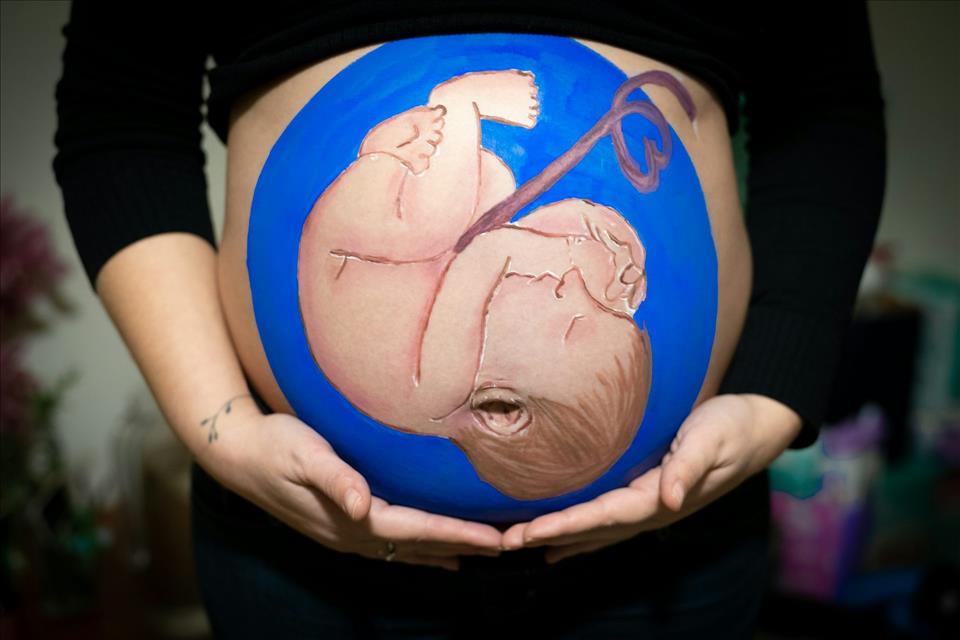
NZ Needs A 300% Increase In Qualified Midwives And Those Working Need More Support And Recognition
So far, the exact amount earmarked for midwives is unclear. But it urgently needs to be sufficient, given the state of the profession.
There are currently around 3,300 midwives registered in New Zealand. Of these, 33% work in the community under a caseload model (working independently and on-call), while 47% work in hospitals and other facilities on rostered shifts. Approximately 95% of births have a midwife as the lead maternity carer.
Despite it's role in the health system, midwifery is currently understaffed by 40% . Making matters worse, many midwives are nearing retirement age. There is also a high attrition rate among both recently qualified midwives and students.
To cover the current staffing shortfall, the number of midwives who qualify each year needs to increase by 300% . But 42% of student midwives never complete their qualification , often because they can't afford to. Some reports suggest student midwives feel like they're being used as unpaid labour to plug holes in the workforce.
What really affects midwivesOur ongoing research aims to understand midwives' physical and mental health – and how structural elements of the profession can have a detrimental effect.
One key factor affecting recognition and funding is the profession's uniquely gendered structure . In 2023, only eight midwives in Aotearoa identified as male and five as gender diverse. The predominance of women has been linked to a lack of professional recognition .
Historically,“women's work” in healthcare has been equated with a“labour of love” - something done for intrinsic rewards rather than pay and other forms of external recognition.
In New Zealand, the majority of births have a midwife as the lead maternity carer. kieferpix/Getty Images COVID-19 and midwifery
Further research during COVID-19 highlighted the importance of these factors. At the end of 2020, we surveyed 215 registered midwives about how working through lockdowns influenced their physical and mental health.
We found midwives' individual health was inextricably linked to their profession's place in wider society. Midwives felt they were fulfilling a duty towards society by working through the pandemic.
They felt it was important they were acknowledged and valued for their work. When they experienced such acknowledgement, midwives said they had the energy and courage to keep working through trying circumstances.
However, midwives all too often felt their work was undervalued and poorly supported. As one participant said:
Midwives also felt their professional invisibility was a key reason they lacked support from healthcare bodies, especially with personal protective equipment (PPE) provision. As another midwife explained:
This lack of support seriously threatened midwives' health and safety, not to mention that of their families.
As one midwife explained:
Critically, midwives' perceptions of professional invisibility were not unique to the pandemic. COVID-19 merely heightened their sense of being undervalued.
Another midwife told us:
Valuing New Zealand's midwivesTo ensure the future sustainability of New Zealand's maternity care system, midwives need to be more highly valued, including by increased investment in training and support.
To this end, the New Zealand College of Midwives is strongly in favour of“earn as you learn” schemes.
There also needs to be greater compensation for on-call midwives, and increased funding for maternity wards and units around the country.
Valuing midwives doesn't need to be limited to financial measures. Our research shows midwives care deeply about their work and clients. But it also highlights that to create a sustainable future for the profession, midwives' love of the job needs to be matched with external recognition and support.
The research on midwives' wellbeing was written with Dr Tanya Ewertowska and Dr Nimbus Awhina Staniland.

Legal Disclaimer:
MENAFN provides the
information “as is” without warranty of any kind. We do not accept
any responsibility or liability for the accuracy, content, images,
videos, licenses, completeness, legality, or reliability of the information
contained in this article. If you have any complaints or copyright
issues related to this article, kindly contact the provider above.

















Comments
No comment